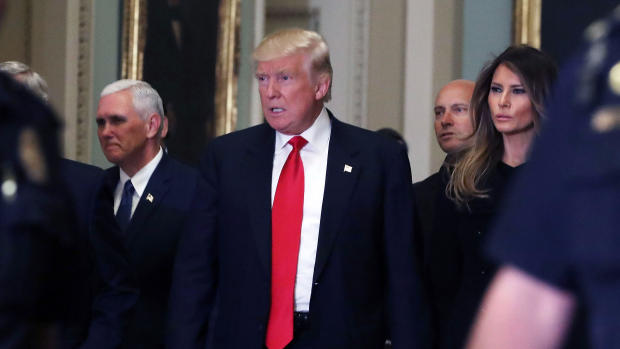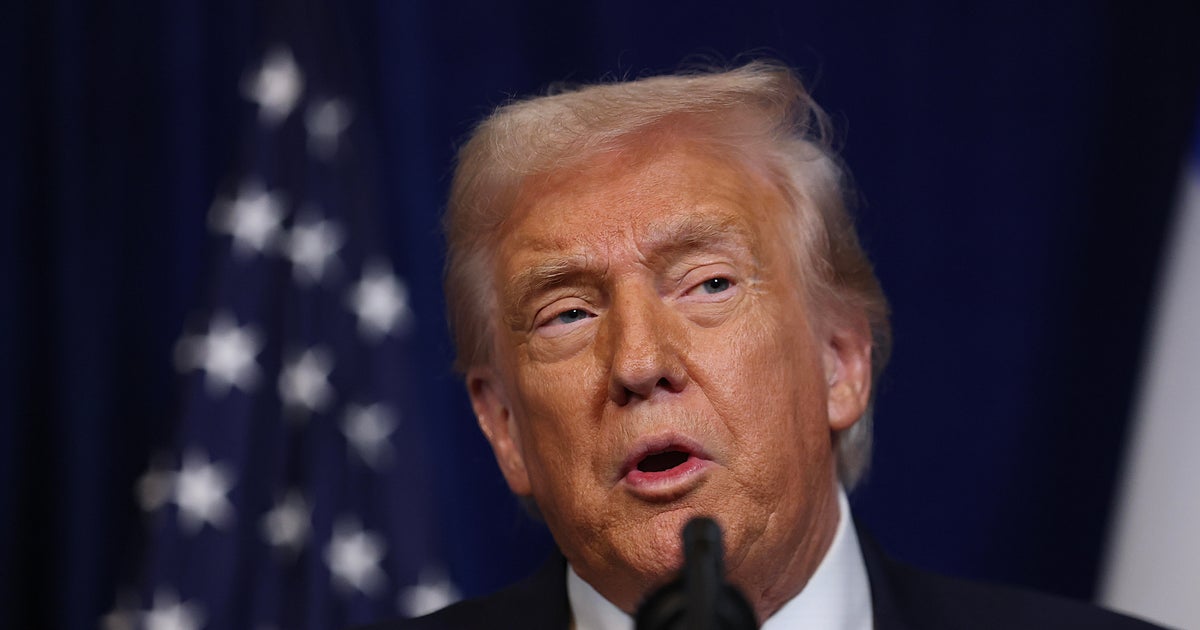Trump taps Wall Street lawyer to chair SEC
WASHINGTON -- President-elect Donald Trump on Wednesday chose a Wall Street attorney with experience in corporate mergers and public stock launches as his nominee to head the Securities and Exchange Commission.
Trump announced his nomination of Jay Clayton, a partner in the law firm Sullivan and Cromwell, as chairman of the independent agency that oversees Wall Street and the financial markets. If confirmed by the Senate, his responsibilities will include enforcing the scores of rules already written by the agency under the 2010 law that reshaped financial regulation after the 2008-09 crisis.
The law, known as Dodd-Frank, has long been scorned by Republicans and is high on Trump’s target list.
Clayton has worked on many of the securities deals that the SEC regulates and has represented Wall Street powerhouses including Goldman Sachs and Barclays.
Clayton is the latest Trump choice with Wall Street connections. His nominee for Treasury secretary, Steven Mnuchin, is a former Goldman executive. Trump also has tapped current Goldman President Gary Cohn to be his top economic adviser and billionaire investor Wilbur Ross to head the Commerce Department.
Clayton would succeed Mary Jo White, a former federal prosecutor who also had worked as a corporate attorney before being named SEC chair by President Barack Obama.
Trump will be able to put an even broader stamp on the SEC. In addition to Clayton, he’ll have a chance to name two of the other four commissioners. The five-member body has been down two since December 2015. Two candidates nominated by President Barack Obama to fill vacancies, one Democrat and one Republican, have been stalled in Congress over whether they support requiring publicly traded companies to disclose their political spending.
The complex Dodd-Frank legislation didn’t offer quick remedies; it laid down prescriptions for regulators to flesh out. The SEC was responsible for writing a large chunk of the nearly 400 required rules. Overall, federal regulators have completed about 70 percent of the rules more than six years after Dodd-Frank became law.
With Trump in the White House and Republicans in control of Congress, a major overhaul of the law is expected, if not an outright dismantling.
“We will carefully monitor our financial sector, as we set policy that encourages American companies to do what they do best: create jobs,” Clayton said in a statement.
In announcing the appointment, Trump’s transition team said Clayton will encourage investment, “while providing strong oversight of Wall Street and related industries.”
“Robust accountability will be a hallmark of his tenure atop the SEC, and the financial security of the American people will be his top priority,” the statement said.






